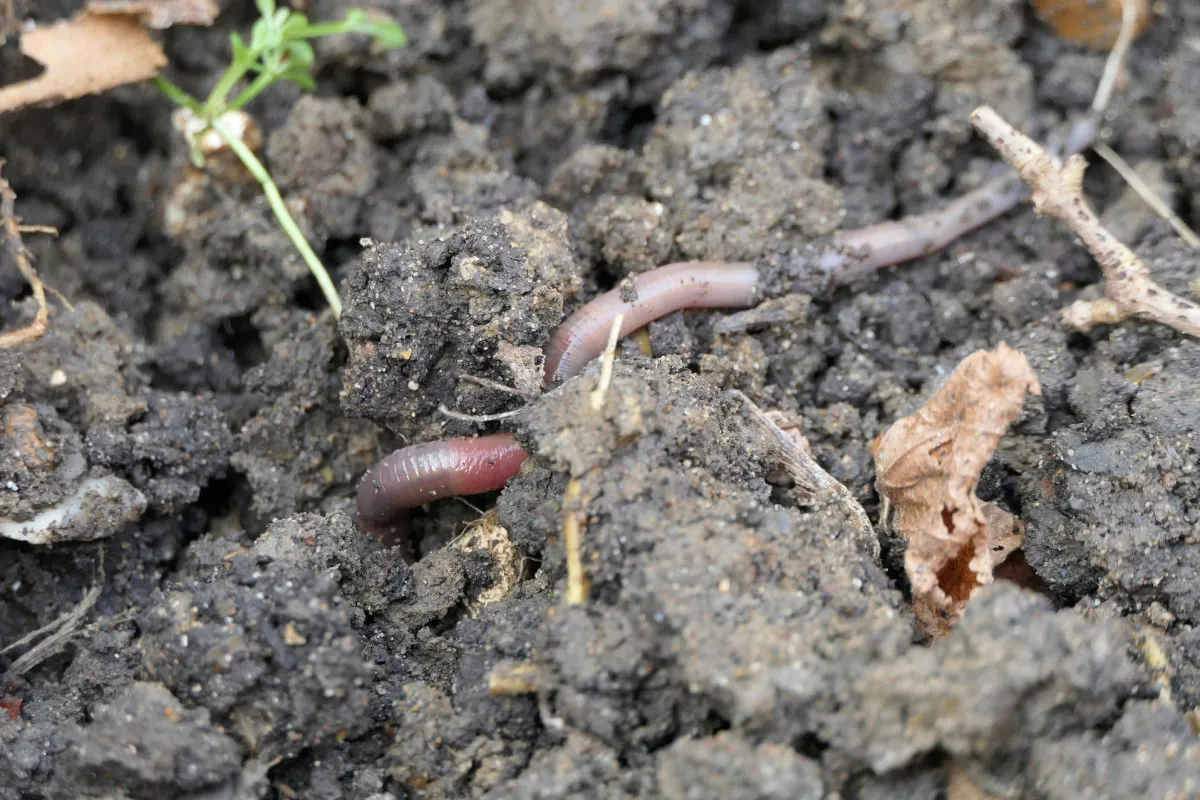Citation

Abstract
We present the results of our 15th horizon scan of novel issues that could influence biological conservation in the future. From an initial list of 96 issues, our international panel of scientists and practitioners identified 15 that we consider important for societies worldwide to track and potentially respond to. Issues are novel within conservation or represent a substantial positive or negative step-change with global or regional extents. For example, new sources of hydrogen fuel and changes in deep-sea currents may have profound impacts on marine and terrestrial ecosystems. Technological advances that may be positive include benchtop DNA printers and the industrialisation of approaches that can create high-protein food from air, potentially reducing the pressure on land for food production.
This exercise was coordinated by the Cambridge Conservation Initiative and was funded by The Pew Charitable Trusts, the Natural Environment Research Council, and the Royal Society for the Protection of Birds.
